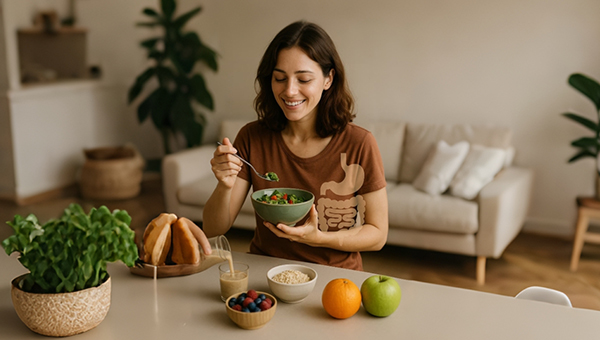Diet tips to beat constipation and improve digestion
May 07, 2025
Natural Remedies for Common Health Issues – eClip Diet Tips to Beat Constipation and Improve Digestion
by eClip –
Table of Contents
1. Introduction: The Importance of Digestive Health
2. What Causes Constipation?
3. Diet Tips to Beat Constipation and Improve Digestion
4. Do’s and Don’ts for Beating Constipation and Improving Digestion
5. Quick Facts: Digestion and Constipation in Numbers
6. Frequently Asked Questions
7. Final Advice & Call to Action
1. Introduction: The Importance of Digestive Health
Good digestion is essential for overall health, as it ensures your body absorbs the necessary nutrients from food and eliminates waste effectively. However, digestive problems like constipation are common and can lead to discomfort, bloating, and other complications. Fortunately, dietary changes can play a significant role in improving digestion and preventing constipation. This blog explores natural remedies and diet tips to help beat constipation and support healthy digestion - all supported by wellness insights from eClip digestive health support.
2. What Causes Constipation?
Constipation occurs when bowel movements become infrequent, difficult to pass, or incomplete. It can result from various factors, including a low-fiber diet, dehydration, lack of physical activity, stress, and certain medications. Poor digestion, often related to diet, can also lead to bloating, gas, and irregular bowel movements.
3. Diet Tips to Beat Constipation and Improve Digestion, eClip digestion tips for constipation
1. Increase Fiber Intake - eClip fiber rich diet tips
Fiber adds bulk to your stool, making it easier to pass. Foods rich in fiber like fruits, vegetables, whole grains, and legumes should be a part of your daily intake. Aim for 25–30 grams of fiber per day.
High-fiber foods to include: Apples, pears, berries, leafy greens, broccoli, carrots, lentils, beans, oats, quinoa.
2. Stay Hydrated
Water softens stool and supports digestive function. Drink at least 8 glasses of water daily.
Hydrating foods: Watermelon, cucumbers, oranges.
3. Eat Probiotic-Rich Foods
Probiotics support gut health and digestion. Incorporate fermented foods like yogurt, kefir, and kimchi.Probiotic-rich foods: Yogurt, kefir, kombucha, miso, fermented vegetables.
4. Include Healthy Fats in Your Diet
Healthy fats promote smooth digestion and help nutrient absorption.
Sources: Olive oil, coconut oil, avocado, chia seeds, almonds.
5. Incorporate Magnesium-Rich Foods
Magnesium helps intestinal muscle relaxation.
Sources: Leafy greens, bananas, nuts, seeds, beans, whole grains.
6. Eat Smaller, Frequent Meals
Smaller meals ease the digestive load and promote regularity.
7. Add Herbal Teas to Your Routine
Herbal teas help relax the digestive tract and reduce bloating.
Try: Peppermint, ginger, fennel, and dandelion tea.
8. Limit Processed Foods
Avoid refined sugars and unhealthy fats that disrupt gut balance.
9. Exercise Regularly
Physical activity stimulates digestion. Aim for 30 minutes most days.
Try: Walking, yoga, swimming, cycling.
Following these eClip-digestive wellness dietary practices helps ensure natural, long-term relief from digestive discomfort.
4. Do’s and Don’ts for Beating Constipation and Improving Digestion
What You Should Do:
Eat a high-fiber diet with fruits, vegetables, and whole grains
Drink enough water daily
Include probiotics and fermented foods
Use healthy fats in your meals
Exercise regularly
What You Should Avoid:
Processed foods high in sugar and unhealthy fats
Excess caffeine
Too much alcohol
High stress levels
5. Quick Facts: Digestion and Constipation in Numbers
Fiber Intake: 25–30 grams daily improves bowel health
Water Intake: 8–10 glasses per day aids stool softness
Exercise: 30 minutes daily supports digestive movement
6. Frequently Asked Questions
Q1: How long before I see results from dietary changes?
You may notice improvement in a few days to weeks. Consistency is key.
Q2: Can I use laxatives with these natural tips?
Occasional use may be okay, but avoid long-term reliance. Consult a doctor for chronic issues.
Q3: What foods should I avoid?
Limit processed foods, dairy, and high-sugar/fat foods. Focus on whole, plant-based foods.
If you’re unsure what’s affecting your gut health, connect eClip digestive health support.
7. Final Advice & Call to Action
Digestive health is a vital part of overall well-being. By making informed dietary and lifestyle changes—such as increasing fiber, staying hydrated, adding probiotics, and maintaining physical activity—you can support better digestion and reduce constipation.
If you're dealing with ongoing digestive issues or want a clearer picture of your gut health, connect with eClip for a Digestive Health Checkup. This includes tests, consultation, and expert-based lifestyle suggestions tailored to digestive wellness.
Book your Essential health and wellness checkup - www.eCliphealth.com
Recent Post
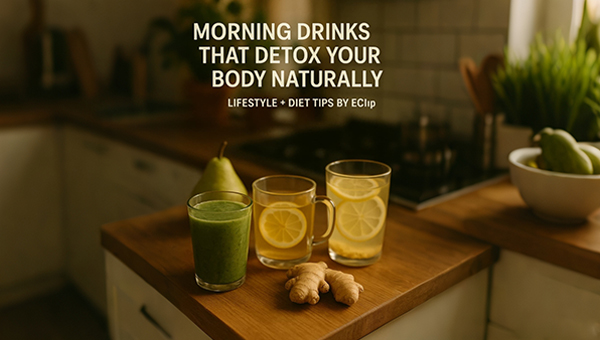
Morning Drink That Detox Your Body Naturally
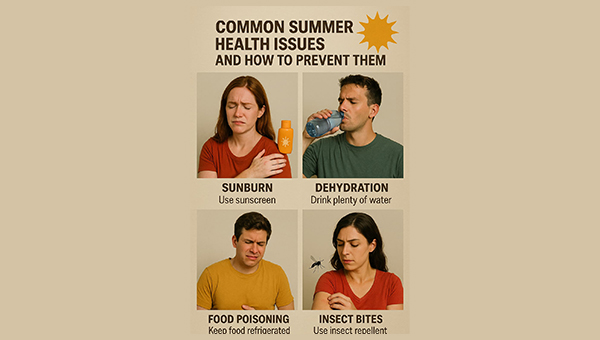
common summer health issues and how to prevent them

eClip Men’s Health Guide: Proactive Care for a Stronger, Healthier Tomorrow
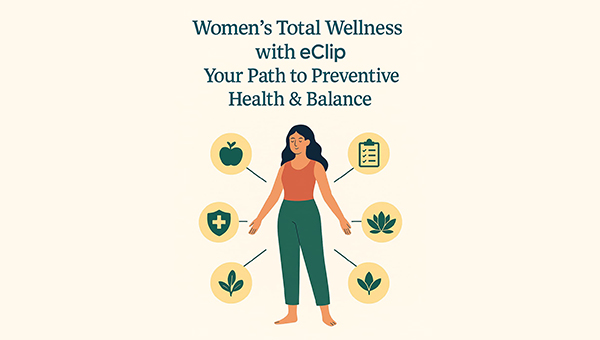
Women’s Total Wellness with eClip: Your Path to Preventive Health & Balance
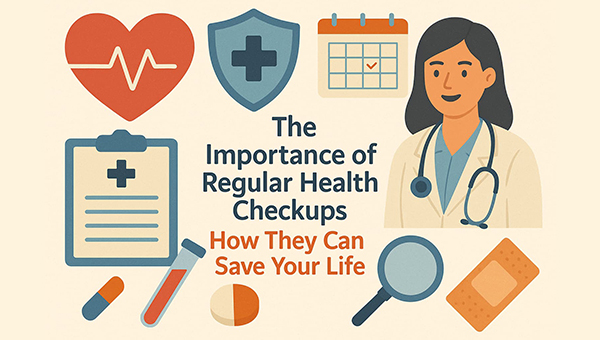
The importance of regular health checkups
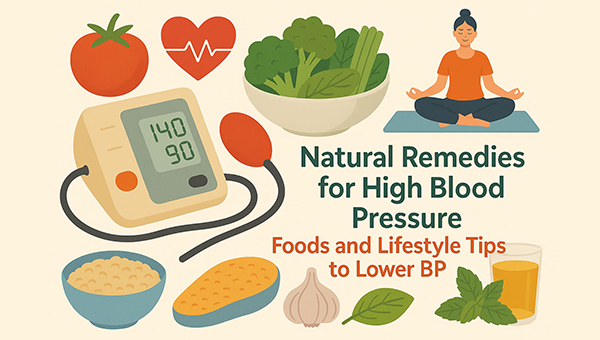
FOOD AND LIFESTYLE TO LOWER BLOOD PRESSURE

10 Essential Tests Every Diabetic Should Regularly Underg

